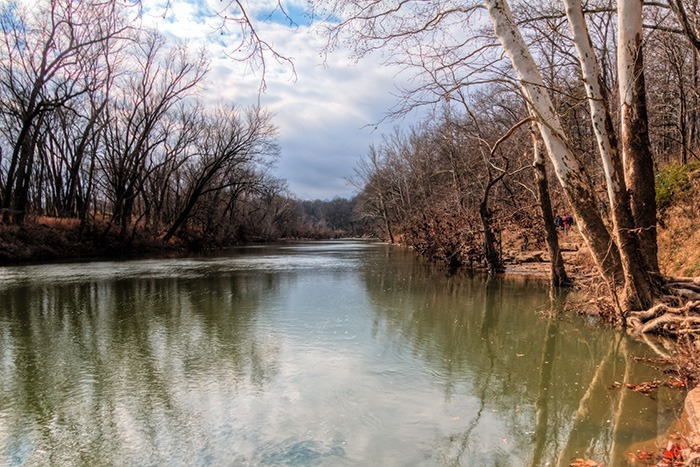The Duck River is home to more than 50 species of freshwater mussels and 150 species of fish. This settlement maintains a water withdrawal limitation on the Duck River.
The Duck River is North America’s most biodiverse river.
Not only does the incredible wildlife, views, and amazing fishing make the Duck River imperative to our region’s recreation economy, but it is also the source of drinking water for approximately 250,000 Middle Tennesseans. Recently, the Southern Environmental Law Center (SELC), The Nature Conservancy, and Tennessee Wildlife Federation reached a settlement agreement with state officials and a local water utility that is critical to responsibly managing water withdrawals from the Duck River.
A withdrawal limitation restricts the amount of water that can be pumped from the river during times that flow is low or during drought.
Settlement agreement reached that is critical to responsibly managing water withdrawals from the Duck River.
Last year, the Marshall County Board of Public Utilities (MCBPU) and the Duck River Development Agency appealed the Tennessee Department of Environment and Conservation’s (TDEC) addition of a water withdrawal limitation in a permit authorizing MCBPU to build and operate a new water intake facility on the Duck River. SELC, on behalf of the Nature Conservancy and Tennessee Wildlife Federation, intervened to defend TDEC’s limitation. This March, a settlement was reached that maintains a water withdrawal limitation for the Marshall County Board of Public Utility’s water withdrawal permit.
This settlement reinforces TDEC’s ability to include reasonable water withdrawal limitations in future permits and shines a light on the importance of collaborative and regional approaches to water supply planning moving forward. As part of the settlement, TDEC will also participate in or conduct research on the impact of stream flows on the Duck River so officials, NGOs, and other stakeholders will better understand how to protect the river while providing adequate water for a booming population.
To read more about the settlement, check out SELC’s release here.
Featured photo by Michael Hicks




